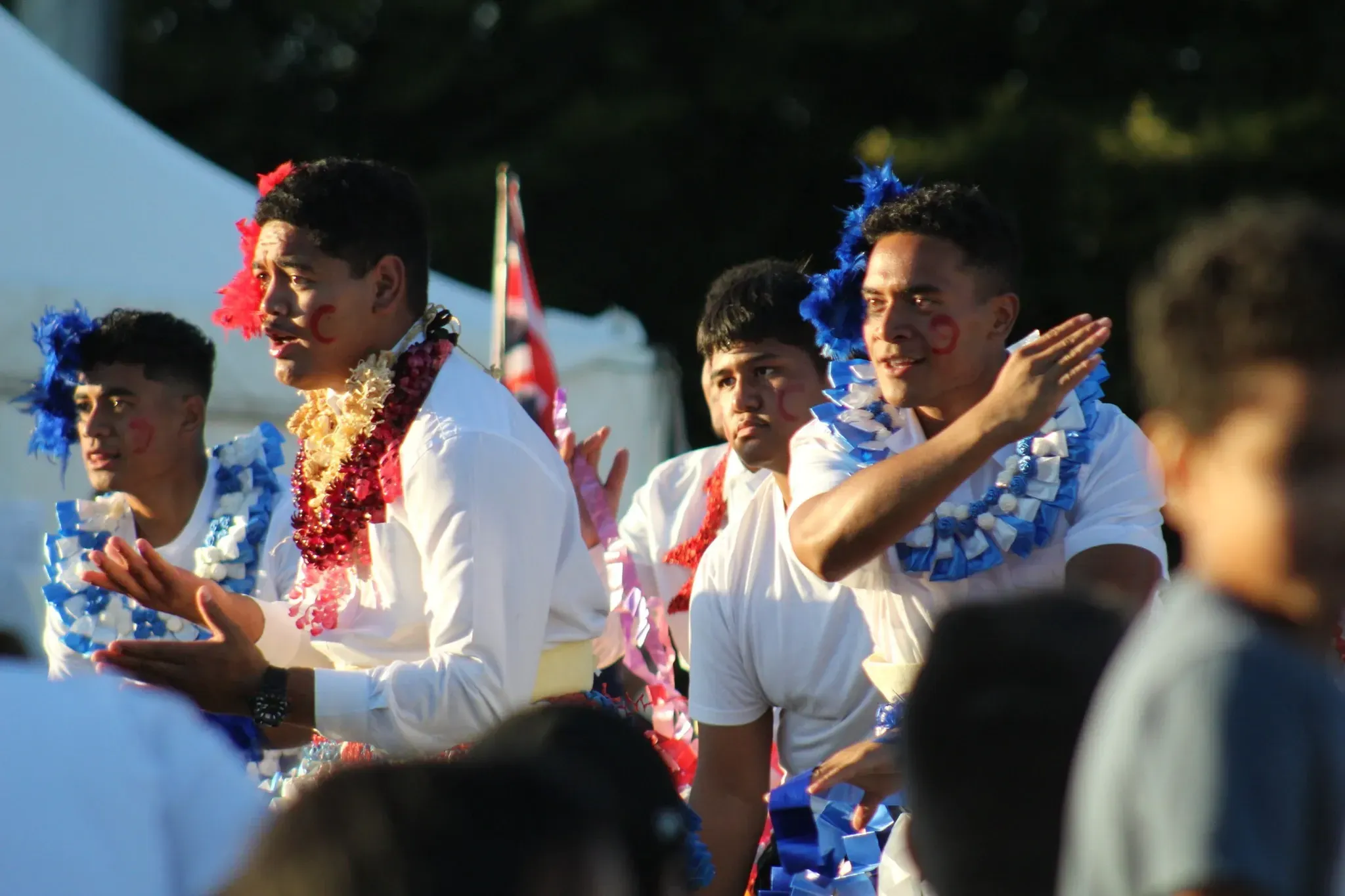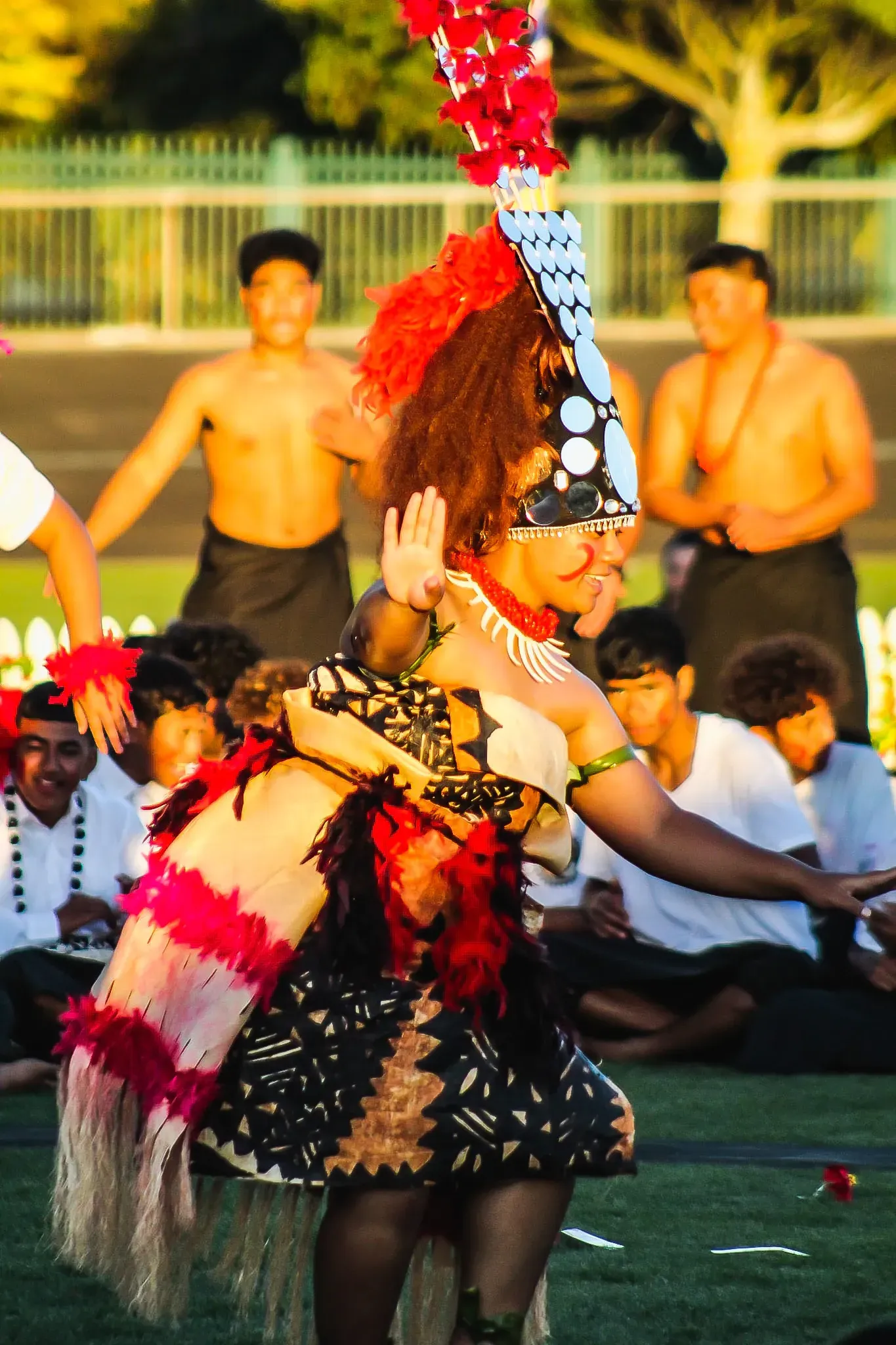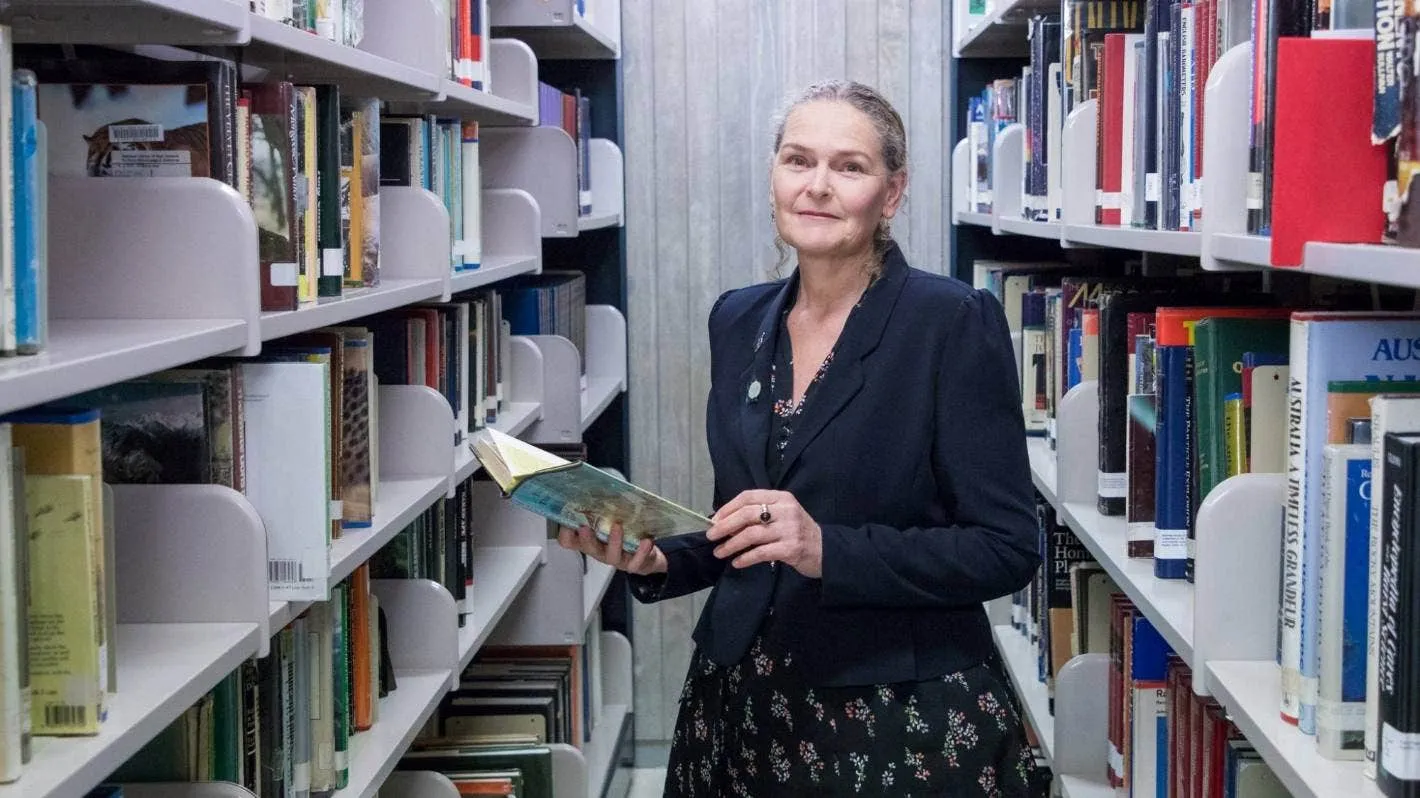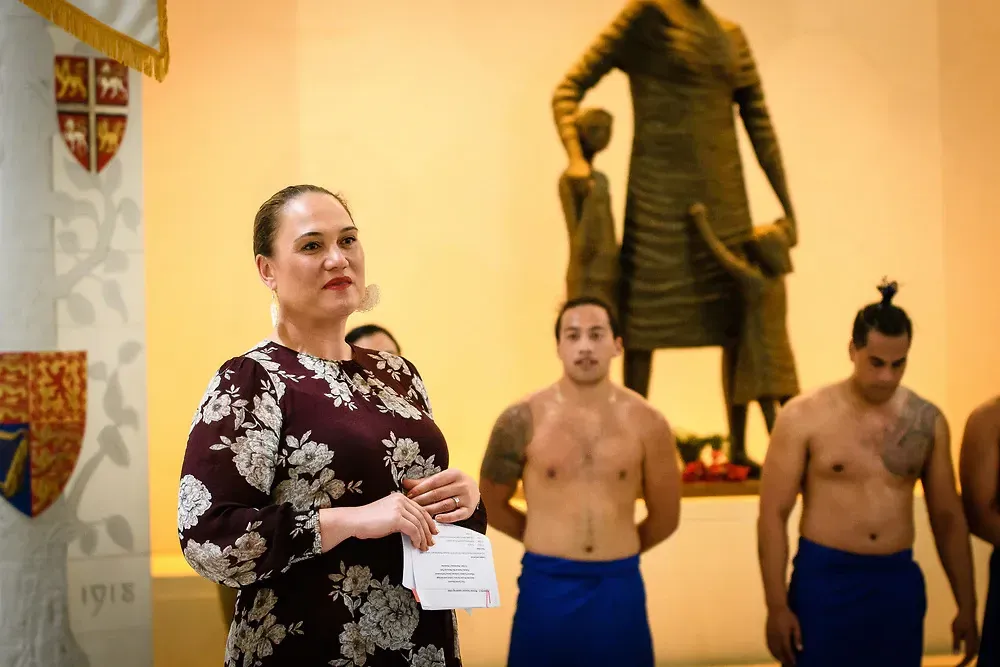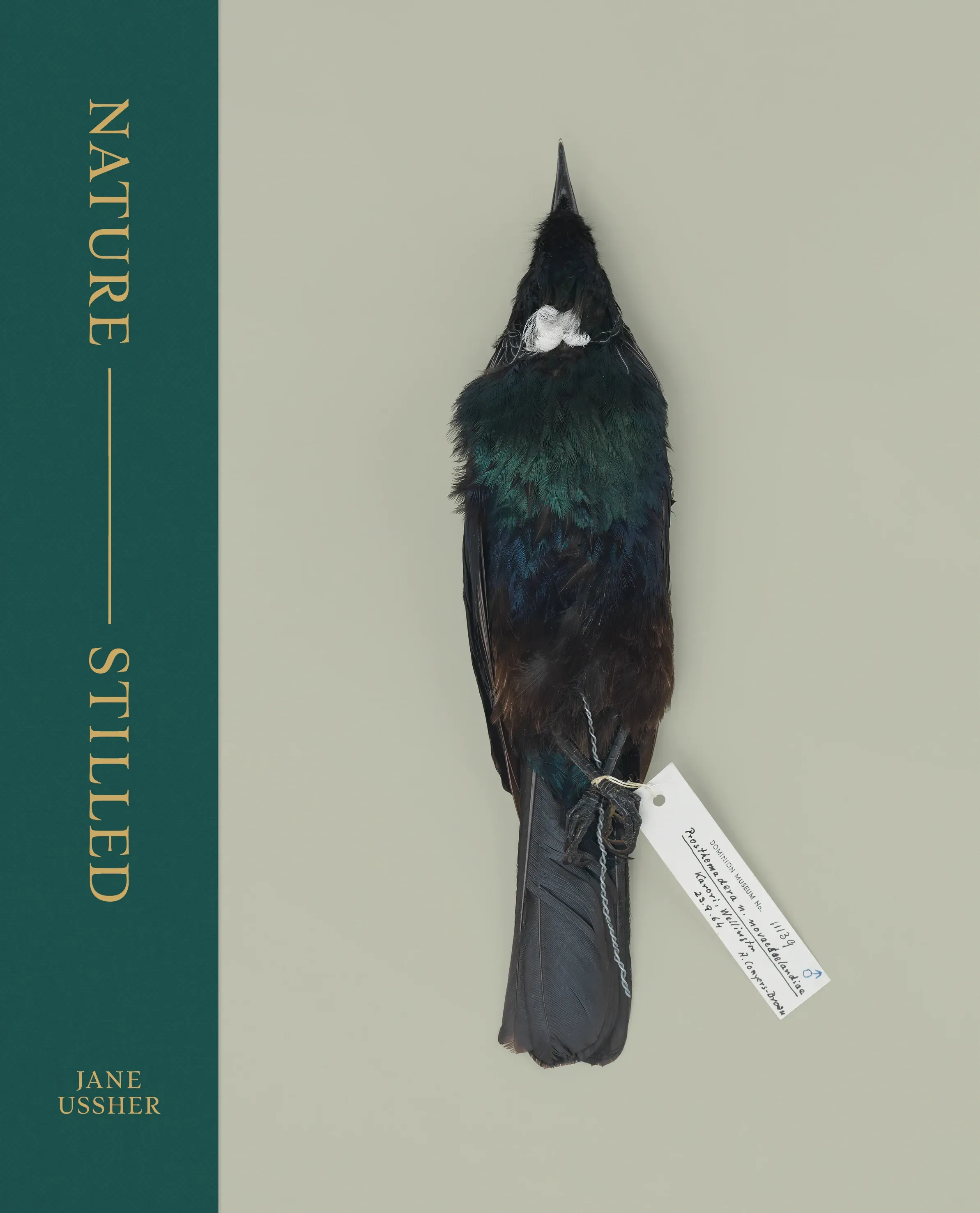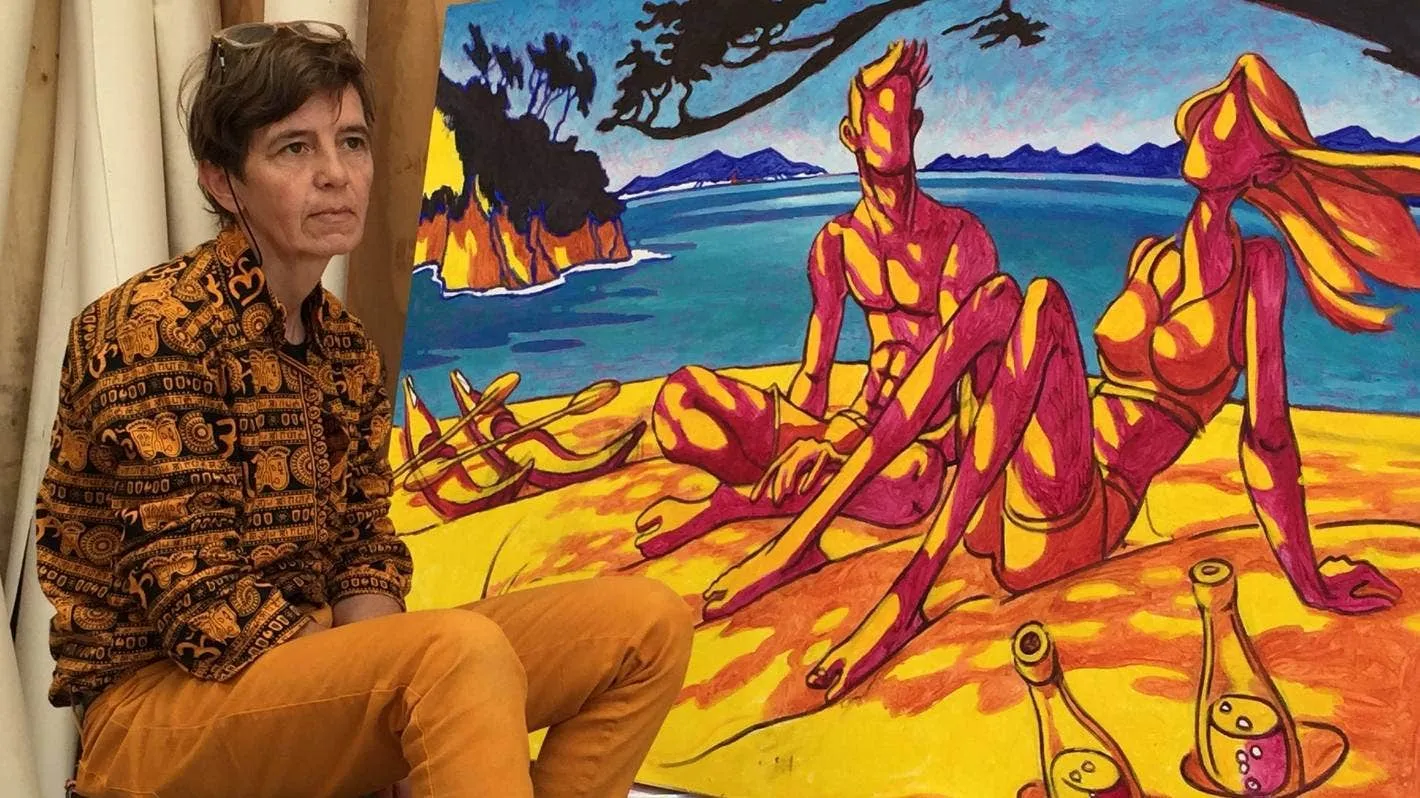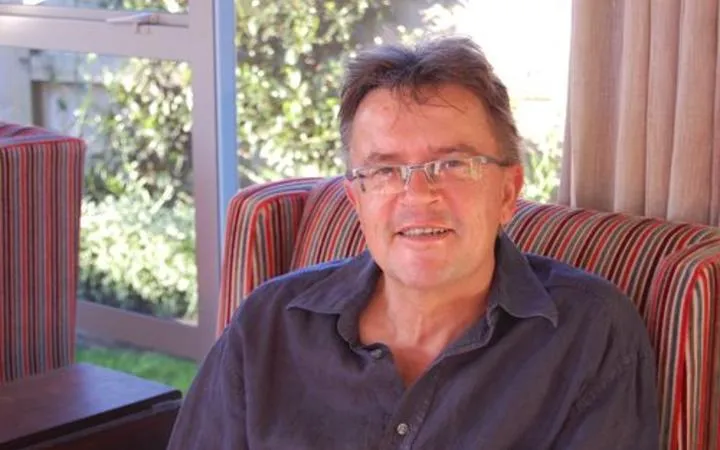Creatives Demand Government Action
Written by
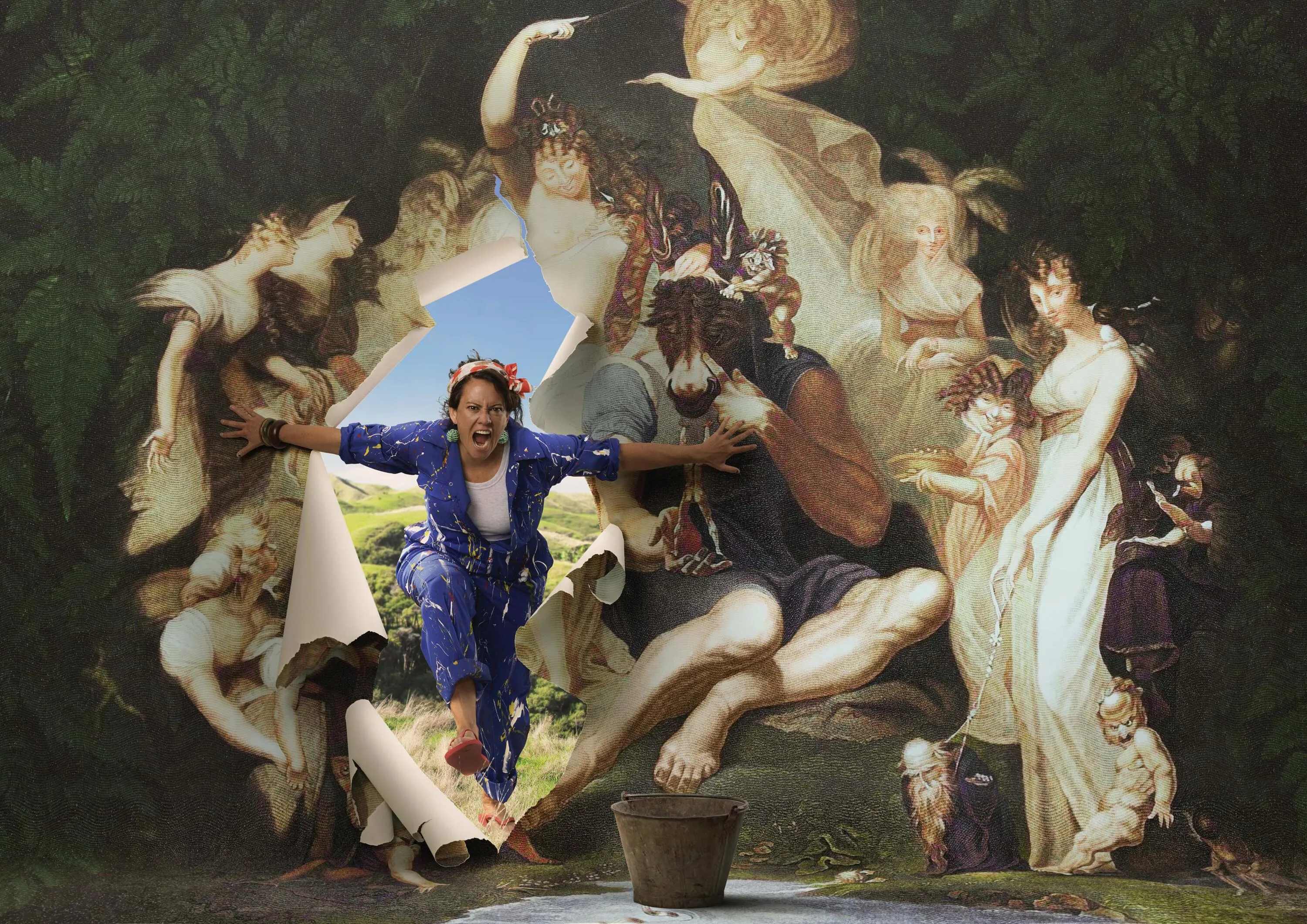
Some stories just hit you right between the eyes.
The Big Idea has had a big response to our article outlining the results from the Independent Artist Survey - put together by the creative collective of Johanna Cosgrove, Alice Canton and Sam Snedden.
The story is worth a read for the full startling stats and figures - as well as the emotive feedback of the respondents. But it’s the financial literacy of our independent creatives that stands out.
Only 7.5% of those who classified themselves as full-time artists were able to meet the requirements of applying for the $5 million Cultural Sector Emergency Relief Fund. Put together by Manatū Taonga Ministry for Culture and Heritage, the last-ditch fund was developed in consultation with the sector to support the short-term needs and pressure points of independent creatives.
Cosgrove told The Lowdown “I think the overall response to the survey has been shock. It's harrowing to see the state of the independent sector. The results truly speak for themselves - they reflect a community in crisis.”
Cosgrove is clear with what needs to happen next. “The Government and major funding bodies truly need to actively engage with the independent sector and get meaningfully alongside us in terms of both financial and emotional support. This applies to long-term strategies as well that can be implemented to help overhaul things we've outlined. In the short term we need targeted financial relief that is genuinely accessible.”
Cosgrove adds “artists are exhausted. It's so demoralising to have to continue to fight - unpaid - for the wellbeing of your own industry. MCH needs to listen directly to the community before it's too late.”
MCH has heard their voices.
The Lowdown took these results to Manatū Taonga - with Joe Fowler, Deputy Chief Executive Te Aka Tūhono Investment & Outcomes quick to respond.
He told us “I’d like to acknowledge and thank the team behind the survey, and the practitioners who spoke forthrightly and honestly about the challenges they face. The survey results flew round the office here.”
Fowler is adamant that surveys like this have an impact on how Manatū Taonga map out funding requirements in the future.
“Our funds involve engagement across the sector, with key stakeholders and representatives from the many communities within the cultural sector. Ongoing feedback like this is critical to us being able to deliver support for the sector that meets its needs effectively, and recalibrate our approach when it’s needed.”
While the results were eye-opening, Fowler concedes they weren’t surprising and raised fair points. “The findings of the survey reinforce what we have had from numerous cultural sector organisations and representatives.
“We have found that many cultural sector practitioners do not keep written or structured accounts, and many have intertwined their business and personal income and expenses. This makes it very difficult for them to provide the evidence that we need to release funding from the Cultural Sector Emergency Relief Fund.”
As for Cosgrove’s challenge to engage with artists at their level, Fowler says they’re looking at what they can do to help.
“The Ministry wants to encourage and empower sector-led approaches, and we see the importance of working closely with the sector to build better financial capabilities across the cultural sector.
“We are supportive of programmes that enable and empower cultural practitioners to build financial literacy, like The Big Idea’s Toipoto – Creative Career Mentoring (funded by Ministry of Social Development). We see programmes like this – from the sector, for the sector – as critical to improving things.
“We have had direct experience of working through financial information provided by dozens of cultural sector practitioners and organisations – and we have also talked to other organisations and people that engage with and support cultural sector practitioners. We know that people in the cultural sector are losing out financially and taking personal risks because of low financial literacy.
“For example, many people are not aware of the benefits of being GST registered, or of their ability to claim tax back on some expenses.”
The conversation has made it all the way to the halls of Parliament.
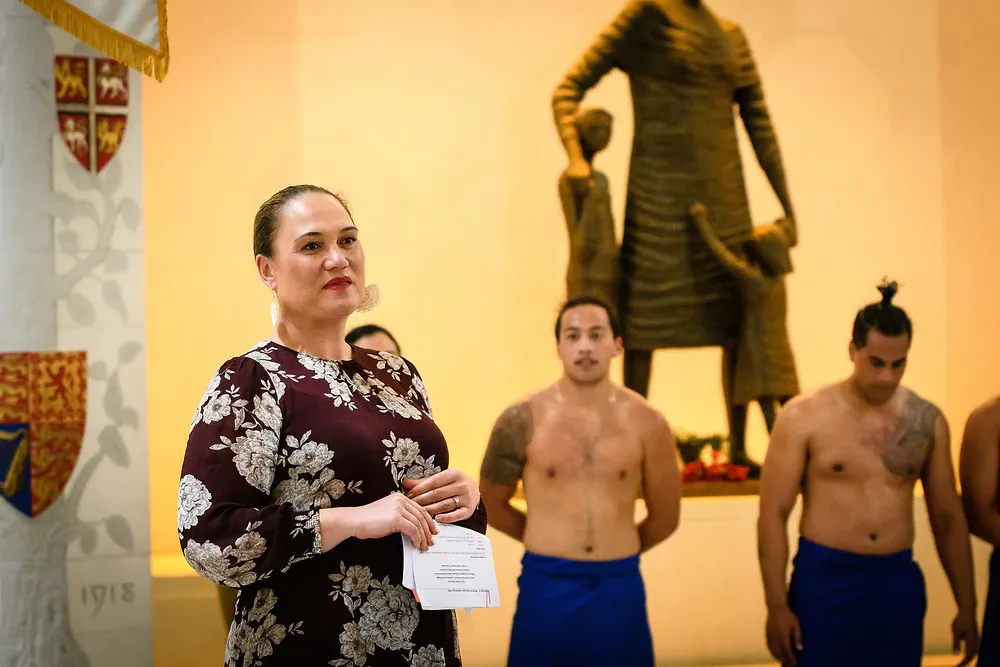
Minister Carmel Sepuloni. Photo: Supplied.
Minister for Arts, Culture and Heritage Carmel Sepuloni told The Lowdown “the survey has illuminated issues that are known within the cultural sector, particularly with regard to financial literacy. I take the survey findings seriously and I’m heartened that the sector is focusing on improving financial literacy in the sector.
“We know that there are pressure points across the arts and culture sector which have been heightened by the pandemic. That’s why we’ve moved hard and fast to provide support to the arts and culture sector, which we know is an engine of growth and innovation for our economy, and a major driver of wellbeing.
“While our priority must remain on the immediate challenges presented by COVID-19, we’ll be considering how we can further support the sector to lift financial literacy.”
“The Cultural Sector Emergency Relief Fund (part of September’s $37.5 million Delta Support package) aims to support organisations that are in danger of imminent collapse. It is not intended for general relief, or to be ‘income replacement’ to meet all of an organisation’s expenses - only essential business costs that the organisation’s income and reserves cannot cover.”
Acknowledging the feedback that the wage subsidy and resurgence payments were not sufficient to keep some cultural sector organisations and practitioners viable, Fowler says the Emergency Relief Fund “has, so far, supported over 20 organisations that were on the verge of going out of business – helping to safeguard over 240 jobs in the sector.”
Sepuloni explains that of the landmark $374 million investment into the sector in Budget 2020 - to date $160.12 million in support has been delivered (up to 22 November, 2021).
“Soon we’ll be announcing details of the $22.5 million Arts and Culture Event Support Scheme which underlines our Government’s focus on protecting jobs and workforce, supporting the ongoing viability of cultural infrastructure like venues, and supporting more cultural experiences as we transition to the new Covid Protection Framework.”
But the survey’s data shows not everyone will make it to that point.
Many creatives stated the growing pressures mean they feel like they have no choice but to stop their art practice.
Foster acknowledges “anyone who leaves the cultural sector is a concern for us, and we know first-hand how difficult the pandemic has been for arts and culture practitioners.
“The key message for anyone who is facing these difficult decisions is to get in touch with us at support.culture@mch.govt.nz so we can help you find support, such as funding but also a range of services that could help.”
Cosgrove, Canton and Snedden have achieved their first goal of getting this data in front of the powers-that-be. The next step is in MCH’s court.
Tolu is the magic number
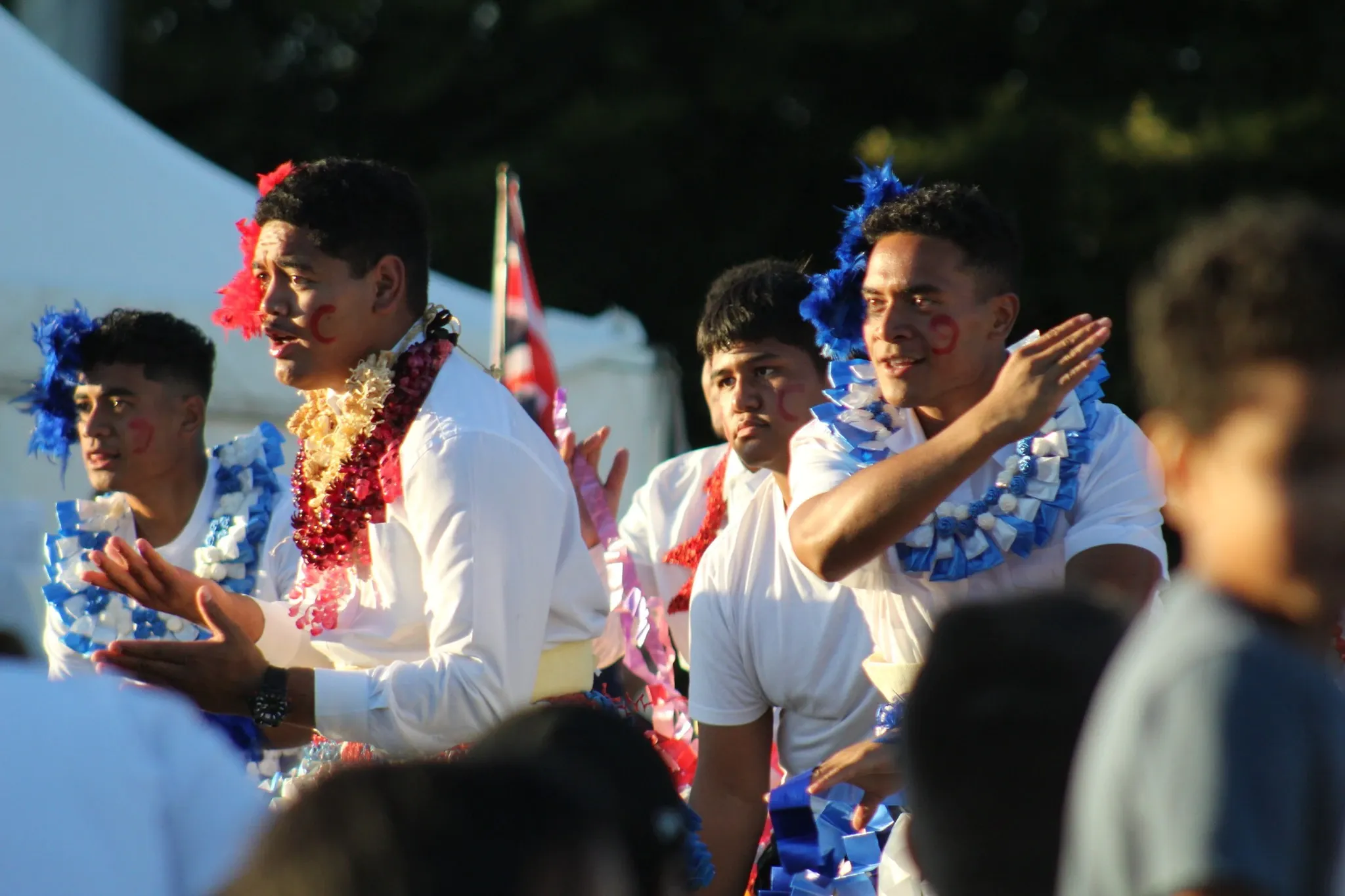
Performance at Fale Pasifika Horowhenua. Photo: Supplied.
You can scrub another $6.7 million off that arts and culture investment - with what has been a crucial week for the creatives involved in Pasifika festivals.
The Tolu wave - the third round of funding in the Paskifa Festivals initiative (broken down here on The Big Idea) means security for 19 recipients - most of them for the next two years.
While a fair chunk of that money will go to the big guns like Polyfest and Pasifika - many others around the country are rejoicing after what has been a lean few years.
Te Mana~Āhua Ake Charitable Trust, who are the kaitiaki of Otago Polyfest, will be supported with $396,000 over two years - a huge relief for Co-chair Pip Laufiso.
She told The Lowdown “We have been transitioning from operational, hands-on management of the annual multi-day event to a more guiding and support position.
“Tolu Wave funding will be the means for us to consolidate both the organisational capability and delivery models that have been developed over 28 years. The application process encouraged us to map out a robust capability plan and review our strategic direction. One of the keys has been to work with exceptional festival leaders and highly competent consultants.
As for its importance to the community, Laufiso states “some young people complete Year 13 and celebrate 18 years of participation in our regional Polyfest. They started as pēpi in kōhanga reo or aoga amata and continued through to secondary school.
“We take a life-long view of participation in the arts and promote the creative arts pathways as valued and credible opportunities. We anticipate that Tolu Wave will ensure that we can contribute to the creative sector in more comprehensive and meaningful ways that recognises that participation and celebration of arts is a life-long journey.”
Aleni Feagaiga, Chairperson of Fale Pasifika Horowhenua described their emotions to The Lowdown as “extremely excited” upon hearing of the boost of $118,000 over two years.
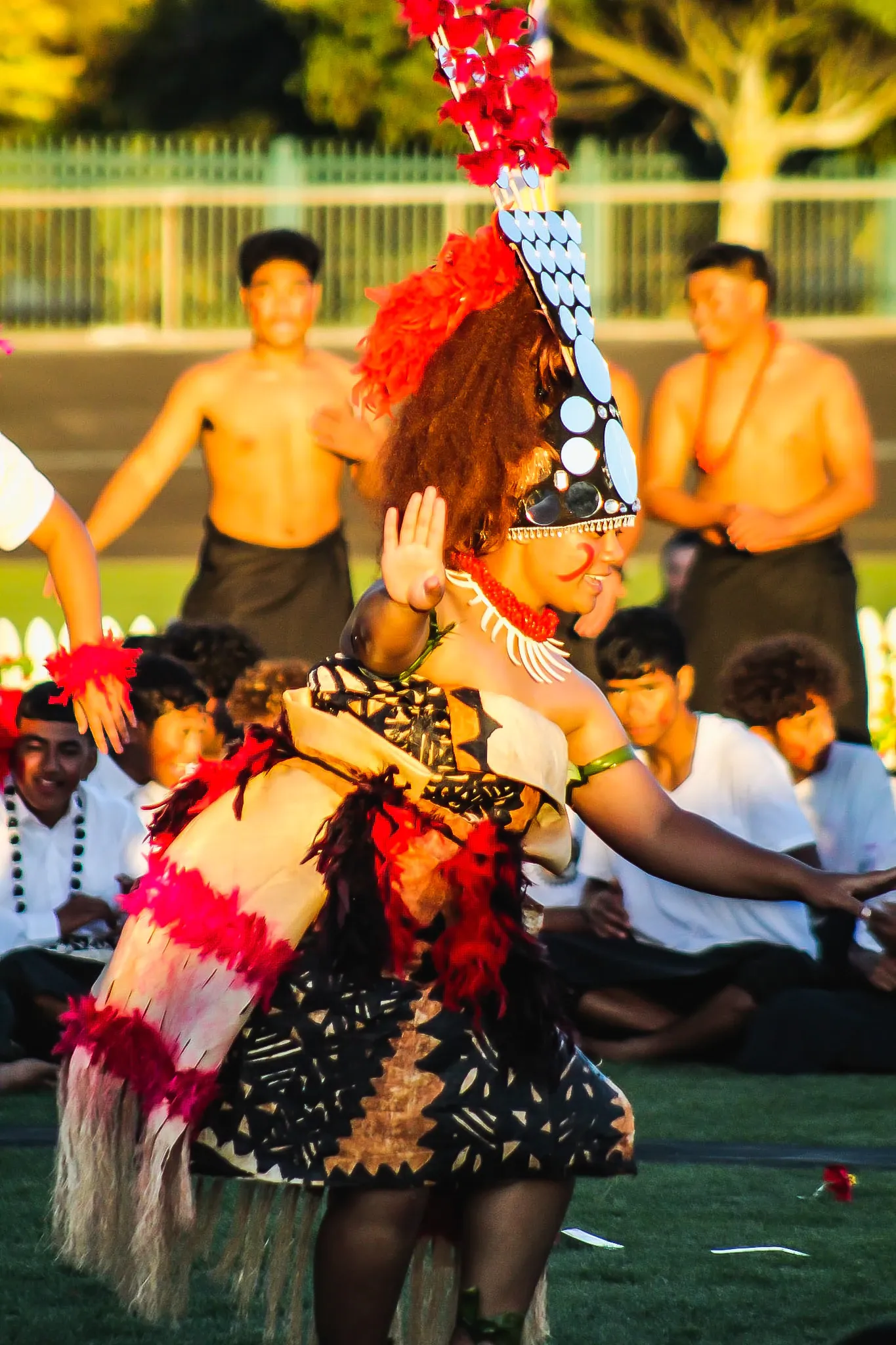
Performance at Fale Pasifika Horowhenua. Photo: Supplied.
He explains “the support of Creative NZ means that the event committee can now proceed with certainty in planning for the 2022 Pasifika Celebration Day festival.
“This event is a highlight for the local Pacific community each year, and more and more of the wider community and visitors look forward to the event as well. Each year, it just keeps getting bigger and better and the committee are looking forward to adding some new initiatives to the event.
“Proceeding with the festival will allow for some normality, celebration and togetherness in these unusual times we find ourselves in.”
December D-Day looms
The first of December isn’t just a day where most of us finally cave and give permission for Christmas music to be played to herald in the Festive period.
It’s also the day where New Zealand’s collection of books is going to get a whole lot lighter.
In what has been a rather emotive saga surrounding the country’s publishing and writing sector’s dismay (in many cases, anger) toward the National Library of New Zealand’s (NLNZ) deal with the controversial Internet Archive (IA), 1 December brings with it an important deadline.
First, If you’re not familiar with the backstory - some quick cliff notes.
NLNZ announced a partnership with the San Francisco-based digital lending organisation in June to digitise and preserve hundreds of thousands of books from its Overseas Published Collections (OPC). This sharply drew the ire of the book community on several fronts - IA are described as ‘pirates’ facing international legal action for their business model and their shoddy record of ignoring the copyright of NZ authors by lending their works without permission. Shedding the books, in general, has brought with it much angst as well.
The Publishers Association of New Zealand (PANZ), New Zealand Society of Authors (NZSA) and Copyright Licensing New Zealand (CLNZ) have made sure they’ve voiced all concerns regarding copyright infringement and gifting thousands of in-copyright books to a private organisation with a reputation for book piracy.
They’ve left no stone unturned in the last few months, including lobbying NLNZ to withdraw from the deal and treat these books as taonga, writing to both Crown Law and the Attorney General and imploring the Government to “respect the laws of our country and the International Treaties the NZ is a party to and stop the shipping of authors and publishers IP.”

Paula Browning. Photo: Supplied.
CLNZ Chief Executive Paula Browning told The Lowdown they keep hitting a brick wall in trying to make their plea to the Minister in charge of the National Library, Jan Tinetti.
“We are extremely disappointed that the Minister has refused to meet with us on this matter and that NLNZ are continuing with the process in spite of having the legal implications clearly presented to them,” Browning says.
“The economic, moral and human rights of authors are being ignored here and it’s not how we expect the NZ government and government agencies to behave.”
Minister Tinetti’s office has stated to The Lowdown that she met with NZSA over Zoom on 23 August - which included discussion of their issues with the proposed deal with IA regarding copyright and licensing.
But there was little Tinetti had to offer beyond this, sticking with her declaration that it was “an operational issue for the National Library and the National Librarian Rachel Esson”, while noting that “none of the books included in this process are by New Zealand authors.”
As these books are not published here - why should New Zealanders care if they’re shipped offshore?
In Browning’s perspective, “how would we feel if another country’s National Library decided to ship NZ authors in-copyright books from their collection to a private organisation?
“It’s about respect and reciprocity – treat others as you would want to be treated. We want the NLNZ to show respect for all authors’ work.
“The actions of NLNZ in this matter demonstrate disrespect for creative work. How can NZers trust the National Library to care for our culture when they’ve demonstrated that they’re more interested in doing deals with private offshore organisations than in listening to and working with stakeholders in NZ?”
The publishing experts that The Lowdown spoke to made it clear that the industry feels it’s not being listened to - months down the track into this topic. Responses to written questions in the House from Tinetti suggested NLNZ had legal advice - but the critics remain unconvinced.
So - that 1 December deadline. That’s the date imposed by NLNZ for copyright owners to opt-out. Browning states “International publisher and author organisations - along with individual publishing companies and authors whose books are in the OPC - are writing to NLNZ asking them to cease and desist from proceeding to ship their in-copyright works to IA.
“These organisations aren’t getting responses from NLNZ.”
The Lowdown asked NLNZ about the conversations with the industry about the IA deal and whether it has had any impact on their decision-making process.
National Librarian Te Pouhuaki Rachel Esson responded that the organisation “has been approached by publishers following information we provided to authors and publishers about how to opt-out of the donation to IA. We are currently considering their concerns around copyright and will be providing an update, prior to 1 December.
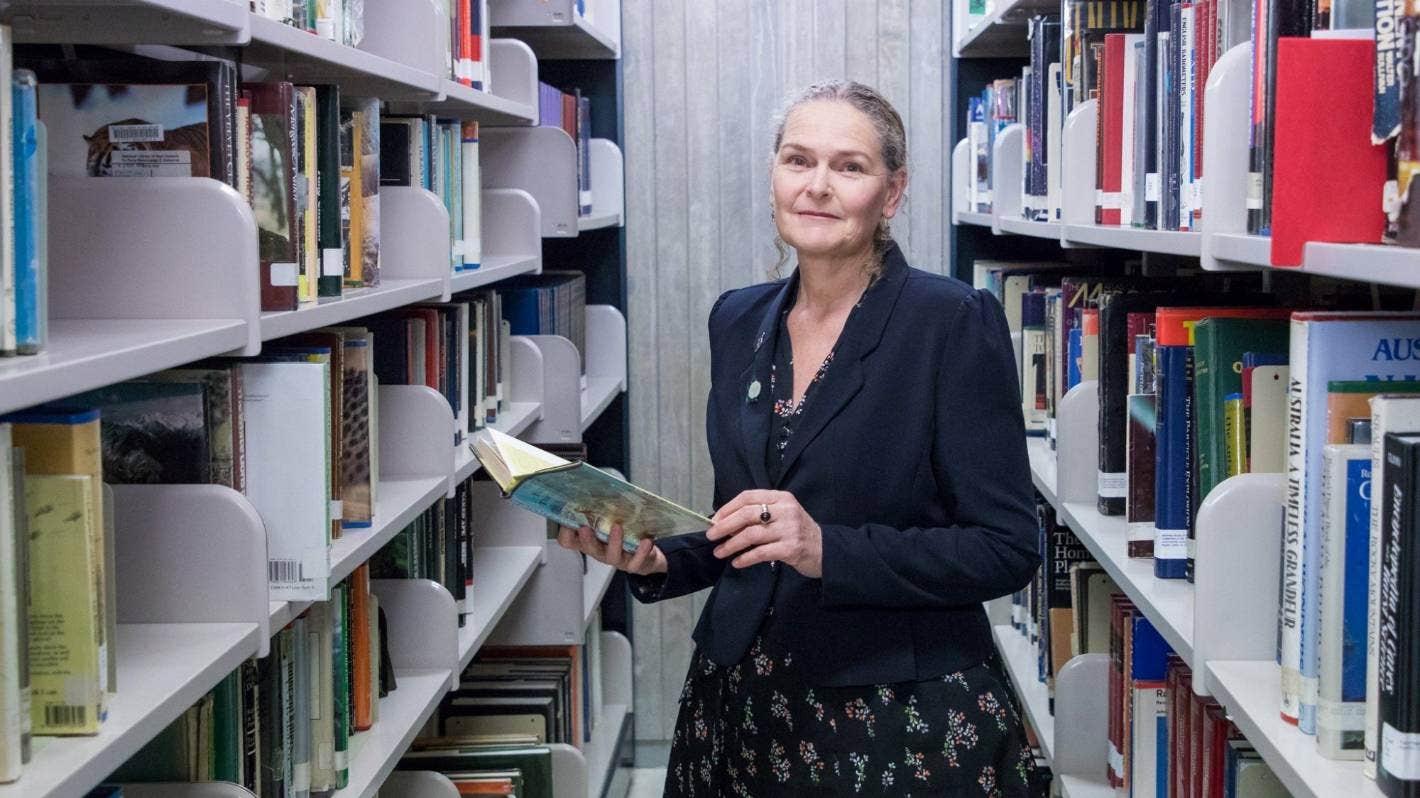
Rachel Esson. Photo: Supplied.
“We highly value the work of authors and publishers and have consistently been available to work with them. We share similar goals with authors and publishers – to enable readers to access and use creative works, while preserving creator interests.
“We will continue to reach out to our colleagues in the publishing sector in the hope we can work together to enable people to access and use publications while supporting sustainable careers for content creators.”
Browning wants the same thing - but achieved differently.
“Publishers and authors have invested in digitisation of their work and NZ libraries are a key part of the locally publishing ecosystem – they buy and licence ebooks and audiobooks.
“There is a viable and active market for ebooks and audiobooks and that is undermined when a free version of a book is made available online.
“NLNZ can do the right thing and withdraw from the Donation Agreement. Then we can get on with respectful conversations about growing the ecosystem for Aotearoa’s writing, publishing and reading.”
We’ll keep an eye on this and look to update you in the next Lowdown.
Equity for Artists gathering steam
The ball is rolling for last week’s Lowdown headline story about fighting for resale royalties.
The newly formed but quickly respected Equity for Artists NZ - led by Dane Mitchell, Judy Darragh and Reuben Paterson is combining with Art Makers NZ to put on a Zui tonight (Thursday 25 November) to “discuss issues that have arisen from the big weekend of secondary art market auctions.”
The schedule is to discuss their aims and plans to address the thorny issue around resale of an artist’s IP, what the art community can do to bring about change, hear from CLNZ and lawyer Caroline Stone as well as open the floor to participants.
You can find the link to the Zui here and details on Equity for Artists Instagram page.
Speaking of artists trying to stay in control of their work - you may remember the divorce case that’s bringing artist copyright into the courts.
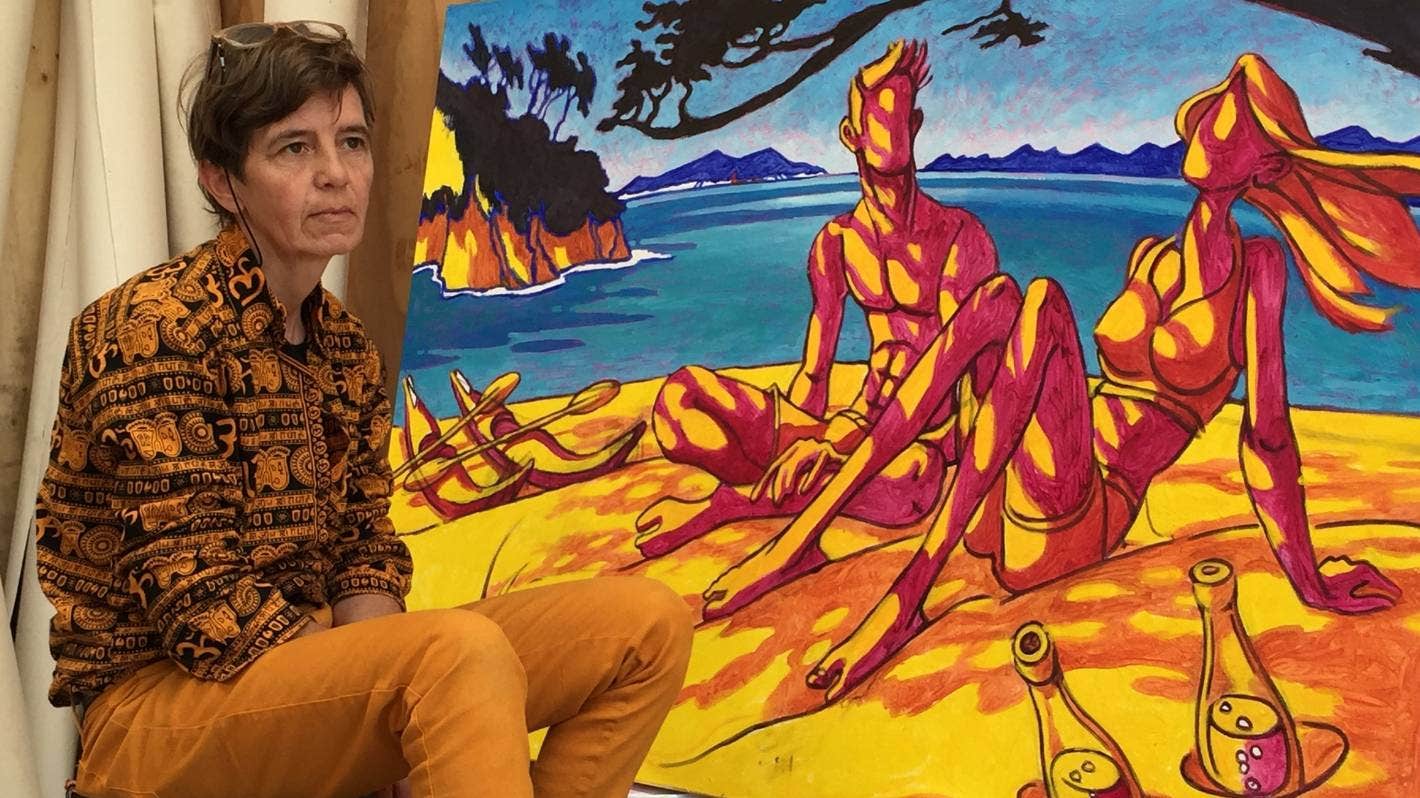
Artist Sirpa Alalääkkölä. Photo: Adele Redmond/Stuff.
The latest update is Sirpa Elise Alalääkkölä has been given the right to appeal the High Court decision that saw her artwork - and future sale or use of it - considered marital property that needed to be split with ex-husband Paul Palmer.
In his judgement, Justice Andru Isac says “there is clearly a live – and novel – question concerning the interaction of the Property (Relationships) Act and the Copyright Act.
“The resolution of the issue will also have consequences for the wider creative community and indeed New Zealand’s property relationship law.”
The appeal hearing is expected to be mid-2022.
Big names (and long ones too)
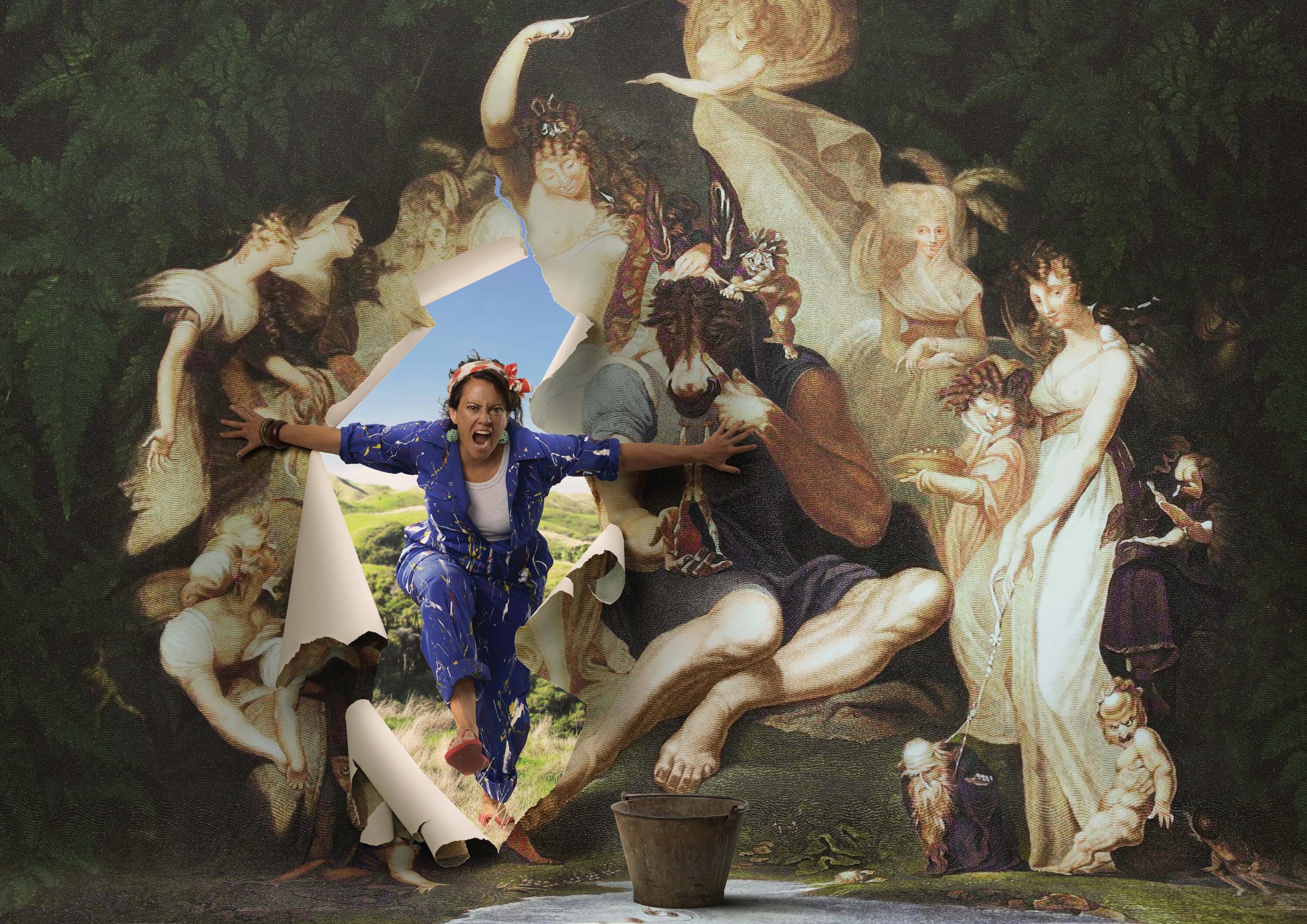
Miriama McDowelll in Lysander’s Aunty or A Most Rageful Irreverent Comedy Concerning an Offstage Character From A Midsummer Night’s Dream. Photo: Supplied.
The curtain may have come down early on 2021, but the impending traffic light system is providing a touch more confidence for Tāmaki Makaurau’s performing arts sector.
On the back of last week’s Auckland Arts Festival programme announcement, another cornerstone institution Auckland Theatre Company’s confirmed their 2022 season offerings, the first under new Artistic Director Jonathan Bielski.
Of the eight shows announced, included is the world premiere of Trick of the Light’s large-ensemble production, Lysander’s Aunty or A Most Rageful Irreverent Comedy Concerning an Offstage Character From A Midsummer Night’s Dream at The NZ Festival of the Arts, then the Auckland Arts Festival..
Wellington Opera House and ASB Waterfront Theatre may need new marquees to fit that whole title.
There’s also the freshly-commissioned The Made by award-winning New Zealand author Emily Perkins, with Robyn Malcolm front and centre and ATC’s now former Creative Director back at the helm.
Stratford remembered
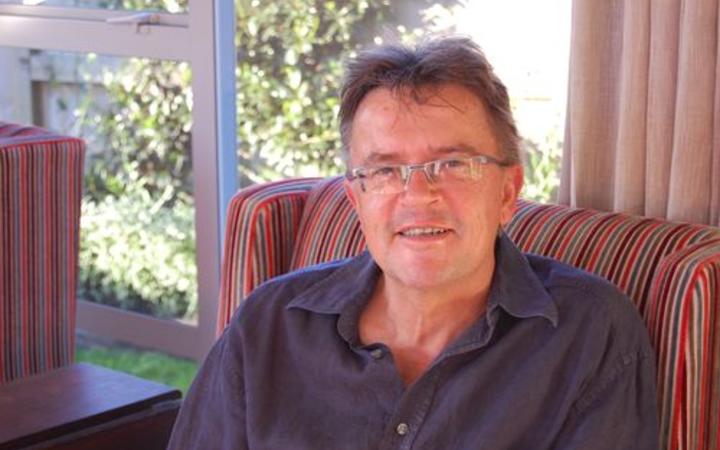
Stephen Stratford. Photo: Auckland Writers Festival.
An admired New Zealand writer has been farewelled this week.
RNZ reports Stephen Stratford passed away, aged 68, after an illustrious career after decades in key roles across the literary and publishing sector.
Stratford, who had 19 books to his name - was a founding trustee and board member of the Auckland Writers and Readers Festival (now the Auckland Writers Festival), a five-time judge of the New Zealand book awards and vice-president of the New Zealand Society of Authors.
But his impact as an editor where perhaps he leaves the biggest legacy. Stratford played a “significant role in works by some of New Zealand's most important authors,” according to Dr Sarah Stanley, including books by Dr Ranginui Walker, Vincent O'Sullivan and Brian Turner. He was also Deputy Editor of Metro magazine for eight years.
Author and close friend Graeme Lay put it perfectly. "Behind every successful writer is a skilled editor, yet the work of editors is rarely given the recognition it deserves. Stephen Stratford was one of New Zealand's finest.”
Winners and grinners

Still from Datsun. Image: Supplied.
It may have been running for the best part of a month - but the New Zealand International Film Festival is doing well to keep itself in the headlines.
It’s announced short film Datsun, directed by Mark Albiston, as the winner of New Zealand’s Best Audience Choice Award and Disconnected, directed by Maruia Jensen as the recipient of the Ngā Whanaunga Māori Pasifika Shorts’ Letterboxd Audience Award.
Albiston will receive a 25% share of the box office takings from the New Zealand's Best screenings in Wellington, Christchurch and Dunedin, the $1000 Jensen pockets takes his prize money to $4000, after also claiming Wellington UNESCO City of Film Award for Best Film.
Also announced - NZIFF is looking for a new Festival Director, after Marten Rabarts confirmed his departure after two years in the role. He came in to fill the extremely large shoes of long-time NZIFF head, the late Bill Gosden when his health began to deteriorate.
Rabarts says “It’s been a wild ride taking on the role of Festival Director just as the pandemic descended. Relocating from Europe as a new director with a skillset and reputation for evolution, growth and change; this had to be set aside for NZIFF just to survive.
“Having steered the festival through what we hope is the worst of the storm, it’s time for a Director who will consolidate and future-proof the festival.”
While Rabarts is going - there have been plenty of arrivals in the creative community too.
Liz Cotton has started her role as Waikato Museum director this week, after key positions at MCH, Auckland Museum and the Waitangi Treaty Grounds.
Cotton also played a role in bringing the Te Pahi medal back to Aotearoa, a taonga that had been missing for 200 years. She says “special moments like those that remind you of how important museums are to communities. One taonga can mean so much and connect intimately with people on an intergenerational level.”
Another with a passion for history, Dr Jonathan West has received the Judith Binney Fellowship for 2022, an $80,000 grant that he’ll use to support the completion of his manuscript for Mirrors on the Land: Histories of New Zealand’s Lakes.
$20,000 Judith Binney Writing Awards have also been dispensed to Dr Jane McCabe, Dr Malcolm Mulholland, Dr Hinekura Smith, Dr Mere Whaanga (in collaboration with Erika Schollum).
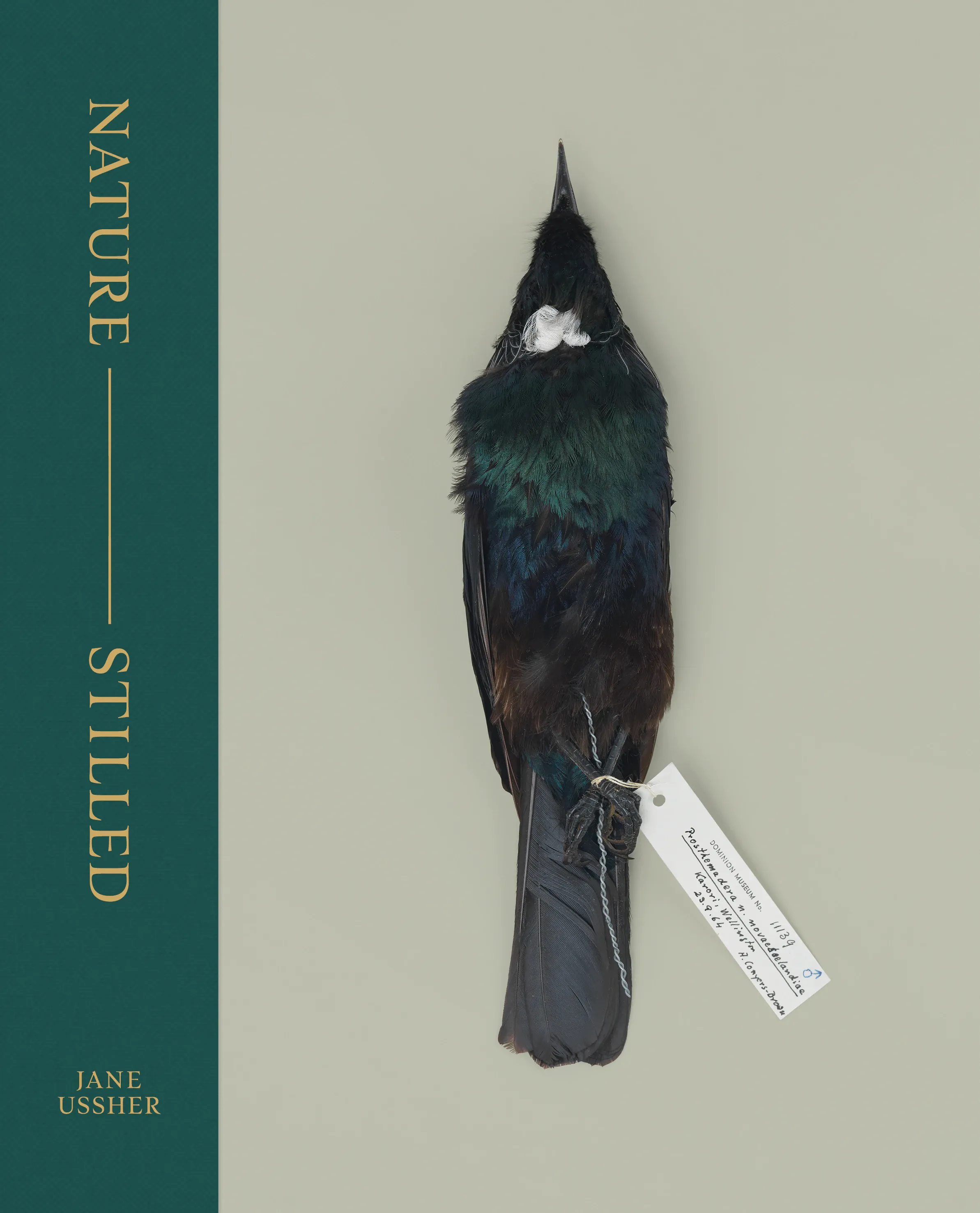
Auckland’s Inhouse Studio had a night to remember at the PANZ Book Design Awards - even if Delta canceled the in-person ceremony.
Arch MacDonnell, Alistair McCready, Dean Foster and Jane MacDonnell’s work on Jane Ussher’s Nature – Stilled saw it claim both Best Book and Best Illustrated Book.
Colleague Alexandra Turner was awarded the Emerging Designer award - and along with MacDonnell, won both Best Typography and The People’s Choice Award for Billy Apple®: Life/Work Designers by Christina Barton (below).

Also forced into the digital va (space) is this year’s Pacific Dance NZ annual Choreographic Lab. Performers Tupe Lualua, Desiree Soo-Choon and Anton Pulefale have been selected for what, in ‘normal’ settings, would be held in person instead will feature on PDNZ’s social media platforms on 8 December.
